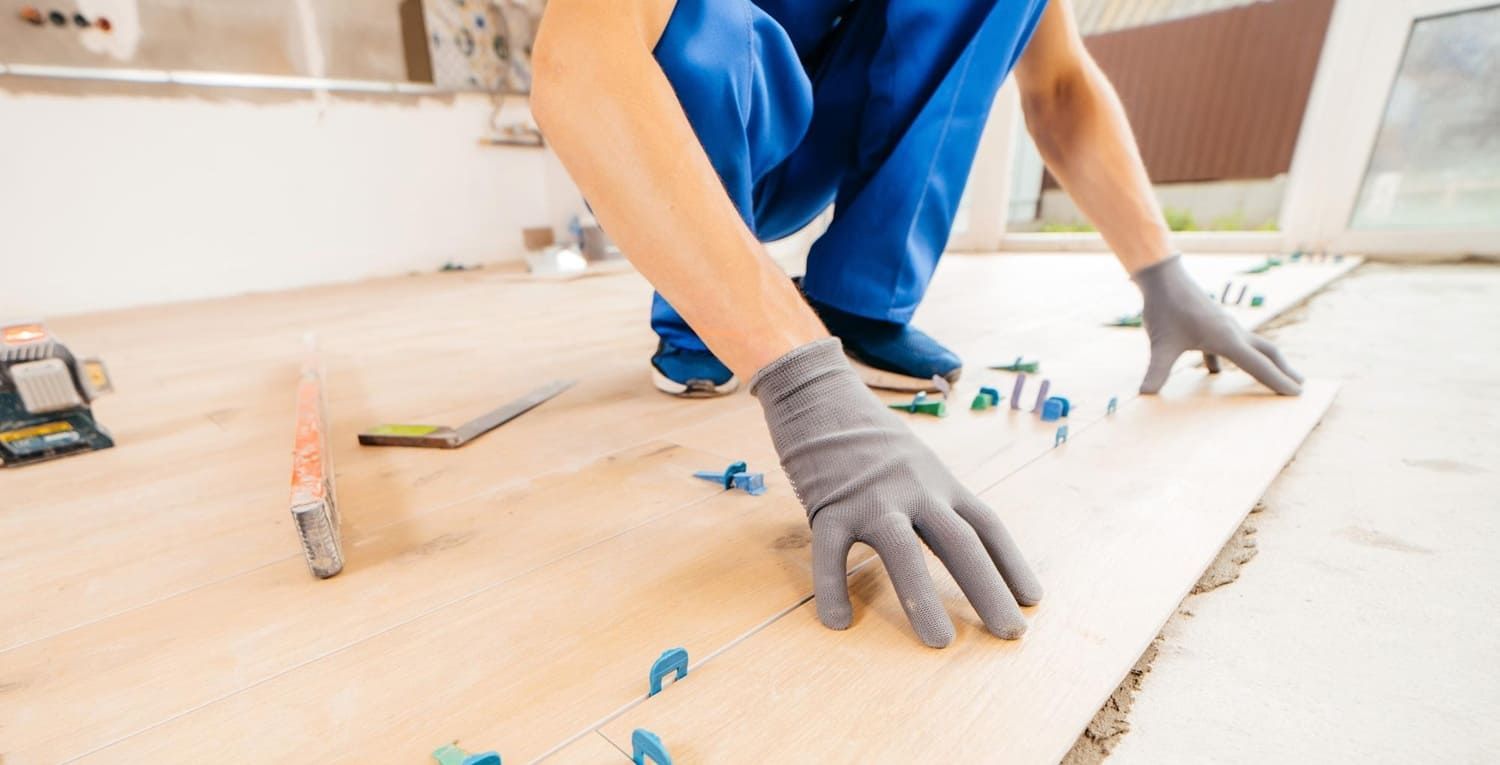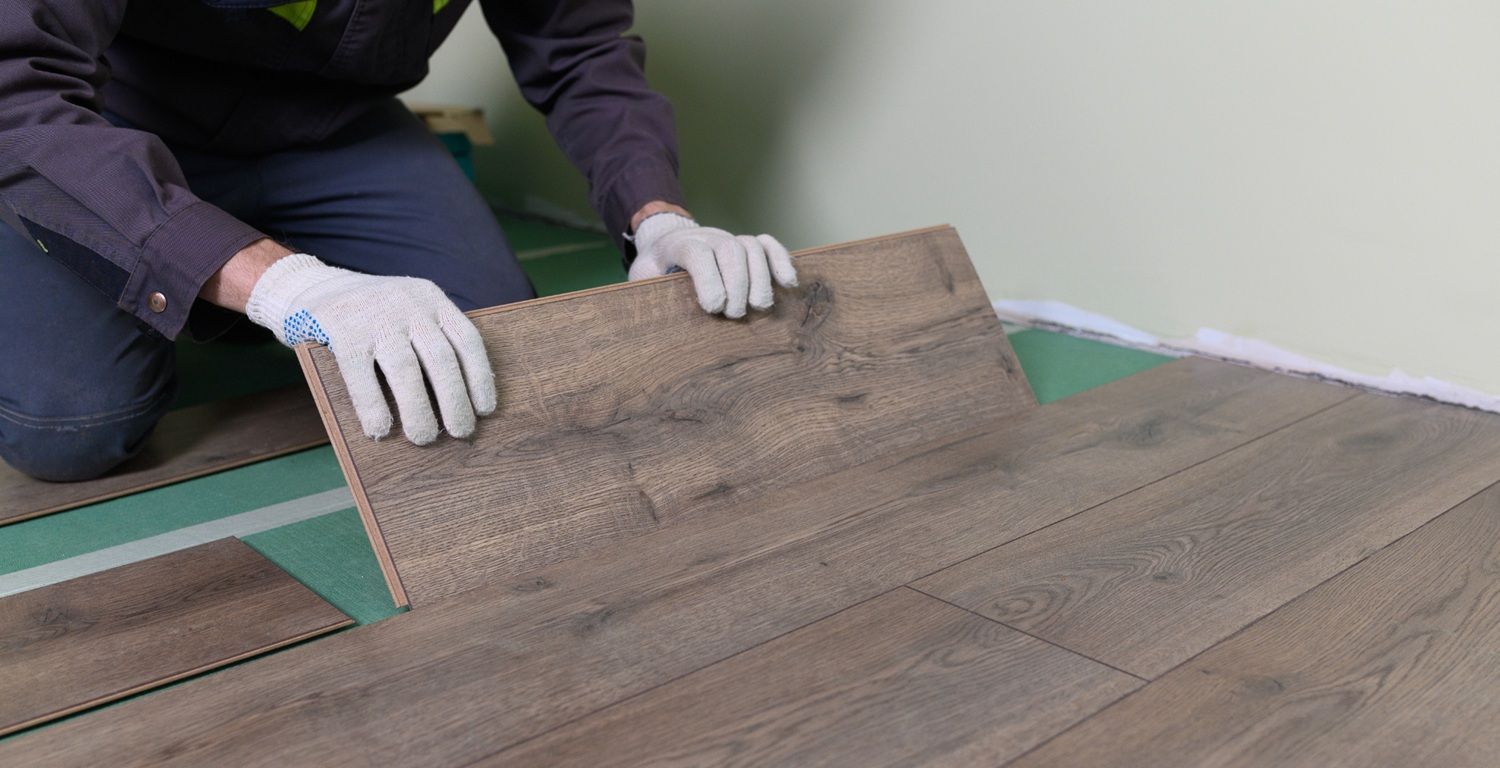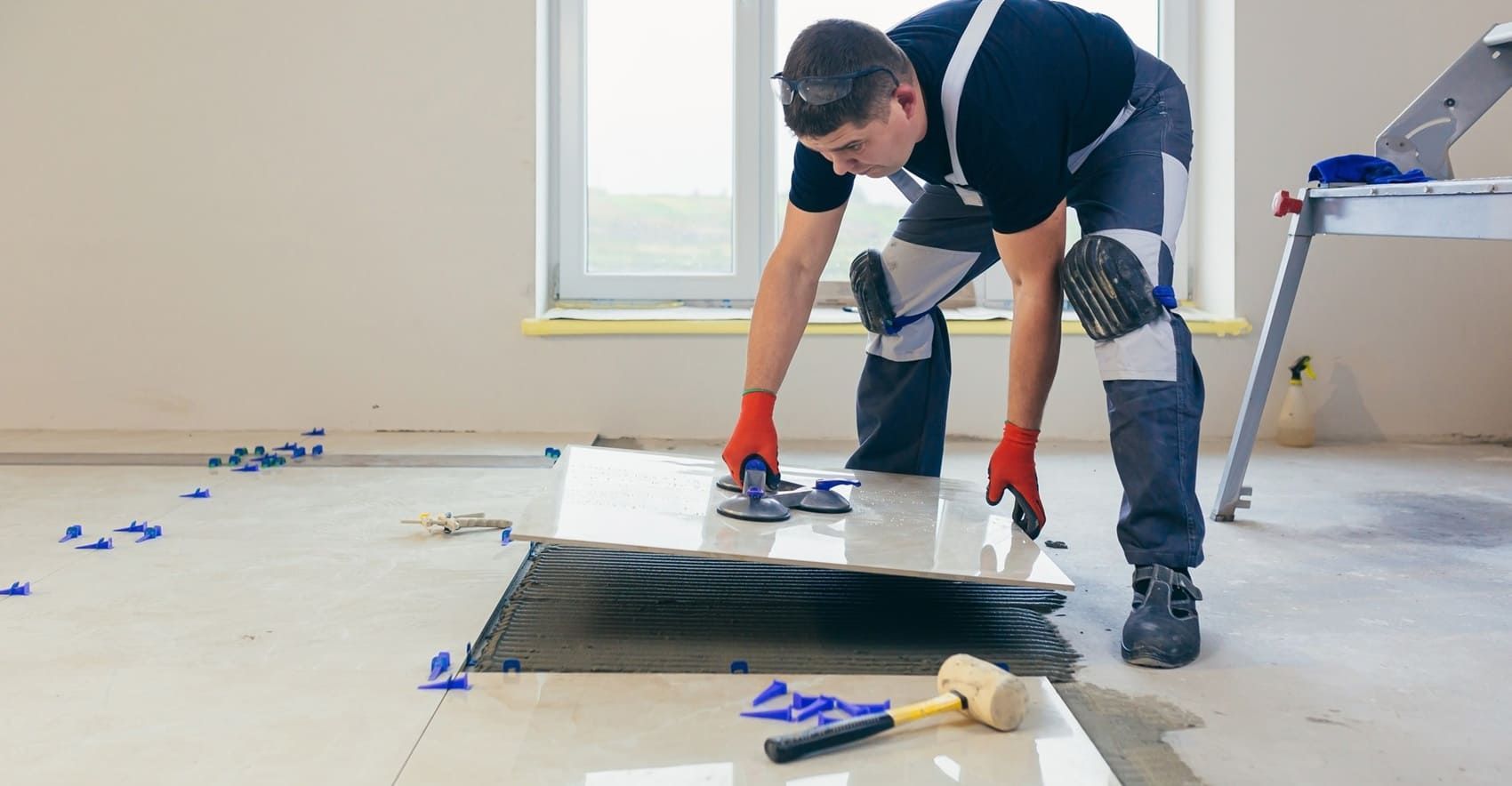Top 5 Questions to Ask Your Flooring Contractor
Whether you're installing new hardwood, laminate, or tile, these top five questions will help you find a reliable and skilled flooring contractor near you. By asking these questions, you can gain insight into the contractor's experience, work quality, and professionalism. This approach ensures that you're hiring someone who is not only competent but also trustworthy, and who will respect your home and your time. Let's dive into the details of what you should be asking potential contractors before making your decision.
When it comes to flooring installation, experience matters. A seasoned contractor brings a wealth of knowledge and expertise that can significantly influence the outcome of your project. Asking about a contractor's experience will give you a sense of how many projects they've completed and their level of expertise with different flooring types. This question helps gauge their familiarity with the specific challenges and nuances associated with the materials you're considering.

Why Experience Matters
Experienced contractors are more likely to have encountered and resolved a range of challenges, from uneven subfloors to intricate design patterns. Their ability to troubleshoot and adapt on the fly is invaluable. They'll also have a track record that you can verify through references or reviews, providing peace of mind that they can deliver on their promises. Moreover, seasoned professionals often have established relationships with suppliers, potentially securing better prices on materials.
Follow-Up Questions
- How long have you been in the flooring business?
- What types of flooring projects do you specialize in?
- Can you provide references from past clients?
- Have you handled projects similar to mine in terms of scope and complexity?
- What is the largest project you've managed, and what were the results?
2. Are You Licensed and Insured?
Ensuring that your flooring contractor is licensed and insured is essential to protect yourself and your property. A license demonstrates that the contractor has met the necessary requirements to perform flooring installations, while insurance provides coverage in the event of accidents or damages. This is a non-negotiable aspect of hiring a contractor, as it safeguards you from potential legal and financial repercussions.
Understanding Licenses and Insurance
A licensed contractor has passed exams and met state or local requirements, which means they adhere to industry standards and regulations. This qualification is a basic indicator of their competence and professionalism. Insurance, on the other hand, protects you from potential liabilities, such as accidental damage to your property or injuries sustained on the job. Knowing the extent of their insurance coverage can save you from unexpected costs should anything go awry.
Follow-Up Questions
- Can you provide proof of your license and insurance?
- What does your insurance cover?
- Are there any warranties on your work?
- How often do you renew your insurance and licenses?
- Have you ever had claims made against your insurance? If so, how were they resolved?
3. Can You Provide a Detailed Estimate?
A detailed estimate is essential for budgeting and planning your flooring project. It should include the cost of materials, labor, and any additional charges, such as disposal fees or site preparation. This transparency helps you avoid unforeseen expenses and ensures you're getting a fair deal for the services provided.
Why Detailed Estimates Are Important
A comprehensive estimate helps avoid unexpected expenses and ensures both parties agree on the scope of work. It serves as a blueprint for the project, outlining exactly what will be done and how much it will cost. It also allows you to compare bids from different contractors effectively, ensuring you make an informed decision based on value rather than just price. This clarity fosters trust and sets the foundation for a successful working relationship.
Follow-Up Questions
- What factors could potentially change the cost of the project?
- How do you handle unforeseen issues that may arise during the project?
- Can you break down the estimate into specific categories?
- Are there any hidden costs that I should be aware of?
- How do you accommodate changes in the project scope after work has started?
4. What Is Your Project Timeline?
Understanding the timeline of your flooring project is crucial for planning purposes. Knowing the start and finish dates helps you manage your expectations and plan around the work being done. It's important to know when the contractor will start and finish the job and if there are any potential delays you should be aware of.
Why Timelines Matter
A clear timeline ensures that your project progresses smoothly and helps you plan around the work being done. It also sets expectations for when you can start enjoying your new floors. Timely completion is often a reflection of the contractor's efficiency and commitment to customer satisfaction. Moreover, knowing the timeline in advance allows you to coordinate with other home improvement projects or personal schedules.
Follow-Up Questions
- How long will the entire flooring project take?
- Do you foresee any potential delays?
- How will you communicate progress updates?
- What are the milestones or checkpoints during the project?
- How do you handle situations where the project timeline needs to be adjusted?
5. How Do You Handle Clean-Up and Disposal?
Proper clean-up and disposal of old flooring materials are important aspects of any flooring project. You'll want to ensure that the contractor will leave your home in good condition once the job is complete. This not only affects the immediate aftermath of the project but also reflects the contractor's respect for your property.
Importance of Clean-Up and Disposal
Effective clean-up not only leaves your home looking neat but also ensures that any waste materials are disposed of responsibly, in compliance with local regulations. It demonstrates the contractor's commitment to professionalism and environmental responsibility. Proper disposal methods can also prevent any legal issues related to waste management and ensure that your home is safe and ready for use as soon as the project is completed.
Follow-Up Questions
- Will you handle the removal and disposal of old flooring?
- How do you ensure the work area is clean and safe throughout the project?
- Are there any additional fees for clean-up and disposal services?
- What measures do you take to minimize dust and debris during the installation?
- How do you manage hazardous materials or special disposal requirements?

Additional Tips for Choosing a Flooring Contractor
While the above questions are crucial, here are a few additional tips to consider when selecting a flooring contractor near you:
- Check Reviews and References: Look at online reviews and ask for references to get a sense of the contractor's reputation and quality of work. Customer feedback can provide insights into their reliability and professionalism.
- Visit Completed Projects: If possible, visit past projects to see the quality of work firsthand. Observing completed work can provide a more accurate picture than photographs alone.
- Get Multiple Quotes: Obtain quotes from at least three different contractors to compare pricing and services. This ensures you're getting the best value for your investment.
- Trust Your Instincts: Pay attention to how the contractor communicates and whether they seem genuinely interested in your project. A contractor who listens and responds thoughtfully is likely to prioritize your satisfaction.
Conclusion
At Eagle Flooring West, the best flooring installers in Phoenix, AZ, we know that finding the right flooring contractor starts with asking the right questions and doing your due diligence. By focusing on experience, licensing, clear estimates, project timelines, and clean-up practices, you set the foundation for a smooth and successful flooring installation.
Our team is committed to transparency, professionalism, and quality craftsmanship. A trusted contractor should always be willing to answer your questions and provide the information you need to feel confident throughout the process. At Eagle Flooring West, we’re here to deliver results that meet—and exceed—your expectations.
Contact us today for a free estimate, and let’s bring your vision to life with beautiful, durable floors that enhance the style and comfort of your home.
FAQs About Choosing and Working With a Flooring Contractor
What should I ask before hiring a flooring contractor?
Ask about their experience, licenses, insurance, product recommendations, timeline, and warranty policies to ensure you're working with a qualified professional.
Is it important to hire a licensed and insured flooring contractor?
Yes, hiring a licensed and insured contractor protects you from liability and ensures they meet local building code and industry standards.
How do I know if a flooring contractor is experienced with my flooring type?
Ask specifically if they’ve installed your flooring material (hardwood, tile, vinyl, laminate, etc.) and request photos or references from past projects.
Should I ask about warranties or guarantees before starting the job?
Absolutely. A reputable contractor will provide a labor warranty and may also offer product warranties depending on the materials used.
How long will the flooring installation take and what’s the process?
Request a detailed project timeline, including preparation, installation, and drying/curing times so you can plan accordingly and avoid unexpected delays.
Can I request a written estimate or contract before work begins?
Yes, always ask for a detailed written estimate and contract outlining costs, materials, labor, and terms to avoid misunderstandings later.
Should I ask about subfloor preparation or removal of old flooring?
Yes, clarify whether the contractor handles subfloor leveling, demolition, and debris removal, as these can add time and cost to your project.
How can I compare bids from different flooring contractors?
Compare pricing, materials, scope of work, warranties, and professionalism—don’t just choose the lowest bid without reviewing details.
Does the contractor handle product selection or should I purchase materials?
Some contractors offer turnkey service with product sourcing, while others may expect you to supply the flooring—clarify this upfront.
What should I expect after the flooring is installed?
Ask about post-installation care instructions, cleaning tips, and any required curing time before moving furniture or walking on the new floor.






